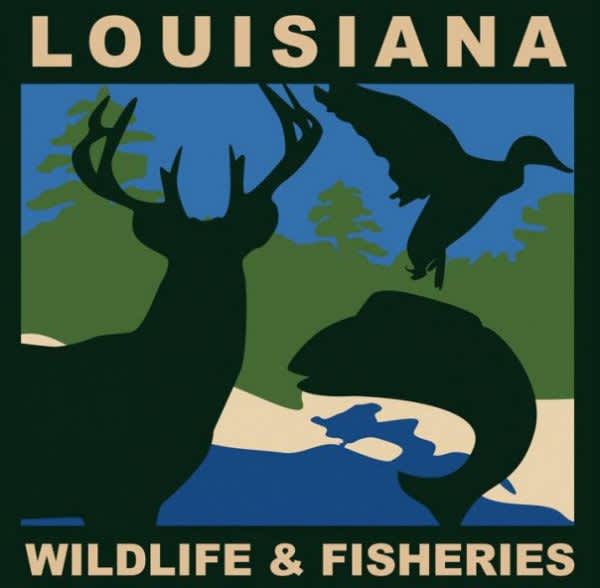Louisiana Offers Further Clarification on 2013 Red Snapper Season

Today, the Louisiana Department of Wildlife and Fisheries takes the bold action to move forward with a Louisiana-only recreational red snapper season.
The Louisiana-only Season
Beginning this Saturday, March 23, Louisiana will implement a weekend-only recreational red snapper season that will end on September 30, with a recreational bag limit of three fish per day at a 16-inch minimum.
A weekend is defined as Friday, Saturday and Sunday, with the exception of Memorial Day and Labor Day, when Monday will be classified as a weekend day as well.
“One day we will look back on today’s actions and see them as a historic move for Louisiana recreational anglers and for our abundant natural resources,” said LDWF Secretary Robert Barham. “No longer will we sit idly by, as our fates are determined by someone with so little understanding of our fisheries and a refusal to negotiate. Whether their actions are ones of arrogance or fear, we join our Gulf neighbors in Texas and Florida, who implemented similar state-by-state regulations today, in standing up to NOAA and showing them that their strong-arm tactics will not work on us.”
LDWF Secretary Robert Barham was given the authority to modify the portions of this rule pertaining to red snapper recreational daily harvest limits and season if NOAA instituted sub-regional management for the species or if it is otherwise deemed necessary.
“Louisiana’s recreational fishing community has spoken and we have listened,” said LDWF Assistant Secretary Randy Pausina, head of fisheries for Louisiana. “In this unprecedented move, our department is challenging the recommendations set by NOAA through the National Marine Fisheries Service. Our actions may seem rogue, but I assure you we have not entered into this lightly or without great thought. We plan to conduct our own research, analysis and make our own decisions on what is best for Louisiana anglers and our resource. For years the wishes of our anglers have fallen on deaf ears… that ends now.”
The Louisiana Gulfward Boundary
In June 2012 the Louisiana Wildlife and Fisheries Commission took action to extend Louisiana state waters from three miles offshore to three marine leagues or approximately 10.357 miles.

